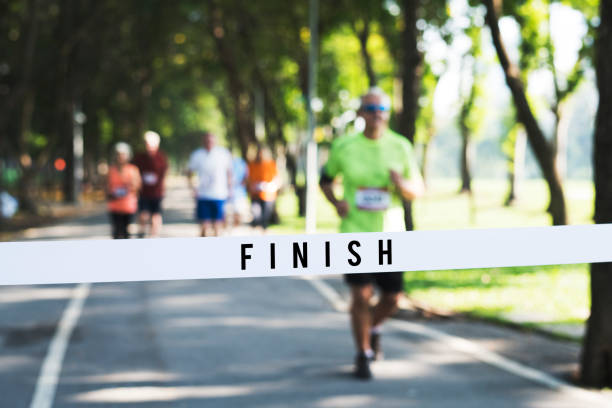The number of runners participating in half marathon races is growing at a faster rate than those joining full marathons. There’s a good reason for this. Setting a 13.1-mile goal, while no doubt a big challenge, seems more attainable than completing twice the distance.
If you’re planning to train for your very first half marathon, let me share some tips that may be able to help you get the best possible outcome.
1. Find your motivation
Training for a half marathon can be a tough endeavor, especially if it’s your first one. To help you see it through the finish line, find a purpose for your chosen endeavor so you’ll be motivated to keep going. For example, you can run to raise funds for a charity, run in memory of someone you love, or even to help lose some weight. Whatever it is, the important thing is that it will motivate you to lace your running shoes and head out the door to train.
2. Give yourself enough time to train
You can’t just wing a half marathon. You need ample time to build up mileage and endurance because running 21K is not going to be easy. Thirteen weeks seems to be a long enough period to train and get in better shape.
3. Wear the most comfortable running shoes you can get
These days, running shoes come with all sorts of features but unless you’re aiming for the gold medal, you don’t really need all that bells and whistles. What you need is a pair of running shoes that’s comfortable, period.
4. Run with a partner
I can’t begin to tell you how many times I’ve put off my training just because. There are days when I’m too lazy or too busy or just blah. Training with a running partner will make you more accountable for your mileage plus it keeps you motivated to improve your performance. Besides, it’s always nice to have someone to talk to when you’re on your long easy runs, right?
5. Train on different surfaces
I remember my very first half marathon – it was in Singapore’s Standard Chartered Marathon in 2011. That one was a disaster for me. A good chunk of the race was on brick surfaces (I had no idea as it was my first time to travel to Singapore) and by the 10th mile I was already in pain, which left me no choice but to just walk the rest of the way. You don’t want this to happen to you so a piece of advice – run on the treadmill if you go to gyms like Crunch Fitness, run on asphalt, run on trails or grass and yes even on cobblestone and bricks.
6. Work on your speed first
I know a lot of runners say they need to focus on building endurance before getting faster. Nothing wrong with that but personally, I think that improving your speed even at 5K in the first few weeks of your training will help you improve not just your speed but also your efficiency which will enable your last 5 weeks of training for the half marathon significantly more effective.
7. Fuel and refuel
Nutrition is never an exact science and one’s nutritional requirements varies from another. The key is to experiment with various options days before the race. Which sports gels and drinks work for you? Use them before race day to determine how much you’ll need over the course of the race.
Additionally, after your race be sure to have something to eat/drink to replenish lost electrolytes and nutrients (including carbs and protein) so perhaps you can bring some fruit, yogurt or muffins you can munch on.
Crossing the finish line of a 21K race is a big accomplishment. I hope when it’s all over, you will continue running and make it part of your lifestyle. Good luck!
Learn other tips on how to train for a 21K here:
